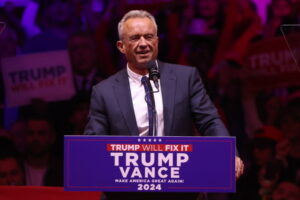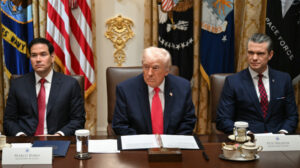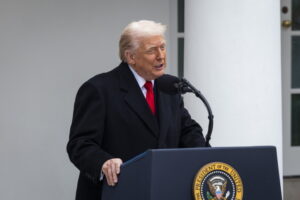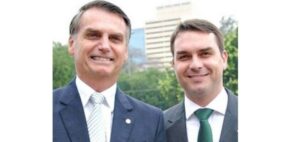Robert F. Kennedy Jr., who Donald Trump is set to appoint to oversee the major health services of the United States, is one of the country’s most well-known vaccine skeptics, raising concerns among experts about a potential resurgence of diseases that have been controlled for decades.
Kennedy, who initially gained attention for questioning scientific research, is the son of former U.S. Attorney General and presidential candidate Robert F. Kennedy, and the nephew of former U.S. President John F. Kennedy.
In the past, the 70-year-old has spread baseless claims linking vaccines to autism, falsely asserted that HIV does not cause AIDS, and linked certain antidepressant medications to an increase in violent school shootings. Additionally, he has suggested, without evidence, that a specific herbicide is connected to the rise of transgender individuals.
A 2019 study revealed that the organization Kennedy leads was among the largest funders of anti-vaccine advertisements on Facebook. In 2021, the Center for Countering Digital Hate named him one of the 12 leading spreaders of disinformation about the COVID-19 vaccine.
As reported by the Guardian, the Children’s Health Defense, the organization Kennedy led before launching his presidential campaign, spread misleading information about vaccines in American Samoa prior to a deadly measles outbreak in 2019.
Kennedy’s appointment as head of the U.S. Department of Health and Human Services requires Senate approval. If he receives the green light and takes office, experts expect that vaccines will be the top issue on his agenda.
Dr. Michael Osterholm, director of the Center for Infectious Disease Research and Policy at the University of Minnesota, stated that even if public policies do not change, a negative stance on vaccines from official authorities could discourage those who would otherwise get vaccinated. “If it gets to that point, things could get as bad as if there were no vaccines at all.”
The potential consequences of such a negative stance are serious. Recently, the U.S. Centers for Disease Control and Prevention (CDC) reported that fewer than one-sixth of healthcare workers received an updated COVID-19 vaccine dose for 2023-2024, and less than half were vaccinated for the flu. Childhood vaccinations have also decreased since the pandemic, mainly due to misinformation and the doubts it causes in parents.
“People forget how it was 50 years ago — how many children died every year from polio, whooping cough, measles,” emphasized Osterholm. “We will see the re-emergence of diseases that have been controlled for decades.”
Kennedy has also advocated for the removal of fluoride from drinking water, despite fluoride levels being regulated by local and state governments.
He has criticized processed foods, the use of herbicides like Roundup, and has been vocal against large commercial farms and factory animal farming, which dominate the industry.
The 70-year-old plans to end the frequent hiring of employees with pharmaceutical industry experience or those who have left government services. He also aims to cut 600 employees from the National Institutes of Health, the key U.S. agency overseeing vaccine research, and replace them with 600 new workers.
Ask me anything
Explore related questions





